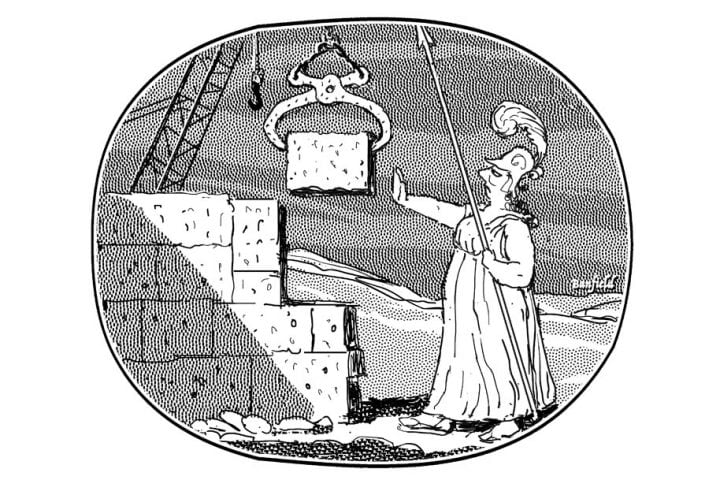Books Reviewed
There has probably never been a time when everyone thought everything was going swimmingly, but even before the COVID-19 epidemic there was an unusually widespread worry in many advanced countries that inequality was increasing. In the United States, decline in the white working class’s life expectancy—reversing a near-continual trend that had lasted more than a century—seemed both to justify and increase the unease. It is no longer possible to take for granted that the next generation will live better, or at least longer and in more material abundance, than the last.
This decline is the starting point for Anne Case and Angus Deaton’s Deaths of Despair and the Future of Capitalism, an examination of what has gone wrong with American capitalism, and indeed with American democracy. These eminent Princeton economists—Deaton is a Nobel Prize winner—attribute the decline to what they call “diseases of despair,” principally drug overdose, suicide and alcoholic liver disease, because they originate in a life that appears meaningless and without hope. (Perhaps they’d have included complications from Type 2 diabetes consequent upon obesity if one of the authors, Deaton, had not admitted to being obese himself.)
Deaths of Despair has many virtues. It is very well-written. The authors never resort to jargon and they’ve made themselves





